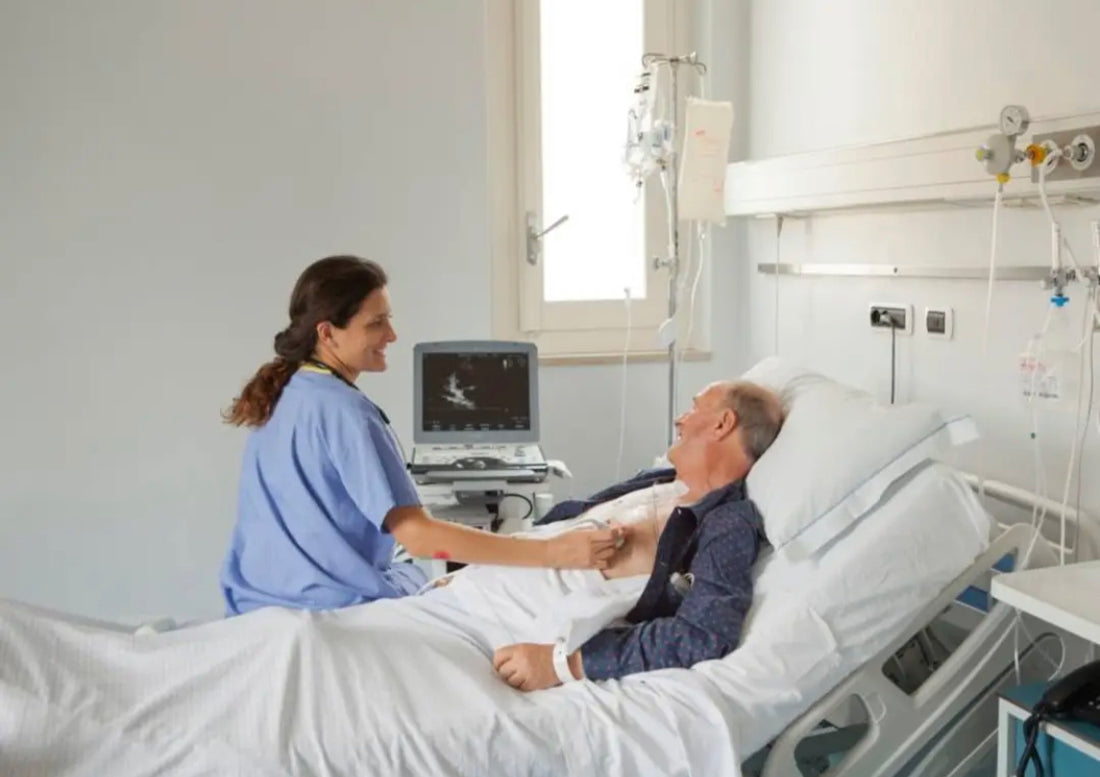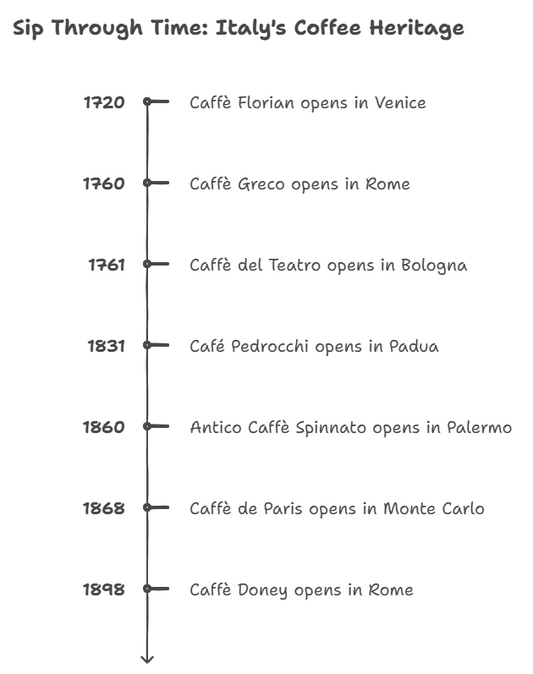Compared to international standards, the average quality of medical care in Italy is impressive. It is no wonder that the life expectancy there is among the highest in the Organisation for Economic Co-operation and Development (OECD) countries.
According to a 2022 report by the World Health Organisation (WHO) too, Italy’s healthcare system is ranked 2nd best. This is unsurprising, considering how health is viewed as a fundamental right of anyone in Italy. Whether you are a resident or a tourist, everyone is entitled to some form of healthcare in Italy.
1. Getting access to healthcare
For tourists who need to apply for a Schengen visa and who are not a citizen of any of the 27 European Union (EU) countries, travel health insurance is mandatory. This is because Italy is a part of the Schengen region. The insurance policy has to cover medical, hospitalization, and/or repatriation fees of up to €30,000. Only then would these travelers be issued an entry visa and be able to be medically treated in Italy throughout their stay.
Tourists who are citizens or registered in the EU have the benefit of applying for the European Health Insurance Card for free to access state-provided healthcare during a temporary stay in any EU country, such as Italy of course. The healthcare conditions are all the same as for the people who are insured in the country, including the costs which are zilch in some of the countries. You can also read our post on the benefits of having Italian citizenship.

Credits: BBC
In terms of just seeking general medical advice or medication for minor ailments, tourist resorts would have medical amenities as well as multilingual staff to provide medical care for tourists from around the world, 24/7.
2. Types of healthcare
Tourists can access both public and private healthcare services in Italy.
2.1 Public healthcare

Sacco Hospital - a public hospital in Milan (Credits: CLIMVIB)
Italy’s public healthcare is administered through regional authorities or the Azienda Sanitaria Locale (ASL), and public hospitals. The ASL oversees public clinics and medical services, from public walk-in clinics to vaccination centers. On the other hand, public hospitals provide both emergency and non-emergency services. Although tourists can enjoy emergency services at zero or reduced costs, the fees for non-emergency services are fixed by the ASL.
A huge plus point of Italy’s public healthcare is that in the event of an emergency which requires immediate medical attention, the number to call is 118, regardless of the province or city that you are in. Shortly after, an ambulance will arrive and wheel you away to the nearest public hospital. In Rome and Florence, you can even call a MedInAction doctor to come and liaise between you and the emergency physician. Read on to find out about the host of other benefits offered to tourists by MedInAction.
2.2 Private hospitals
Unlike public hospitals, private ones do not provide emergency services, including first aid. Unless you have undergone more exorbitant services, such as surgery or hospitalization which can be paid for in installments, you often have to pay the fees upfront for private healthcare.
The medical fees here are substantially higher than in public hospitals, but one advantage private hospitals have is that they are seldom crowded since Italians themselves mostly depend on public healthcare. Thus, you can expect shorter waiting times, greater comfort, and better patient care.

Inside a patient care facility at Maria Beatrice Hospital - a private hospital in Florence (Credits: Maria Beatrice Hospital)
3. Other healthcare services
3.1 MedinAction
Tourists will be delighted to know that they can call for a physician at any time with this 24-hour medical service. Not only that, you can request an English-speaking staff and doctor which is a lifesaver if you do not know enough Italian.
All you have to do is to book a physician online through the MedinAction website, phone application, or hotlines. You also have the option of selecting when and where you would like to have the session. Before you know it, a highly qualified physician will be greeting you at the door.

Dr. Andrea Guerriero - a MedinAction physician driving around, visiting patients (Credits: MedinAction)
Besides the ability to make healthcare as convenient for you as possible while touring about, MedinAction is a reliable provider of referrals to a broad array of certified specialists, such as pediatricians and medical technologists.

A serologist who was referred to by MedinAction to study COVID-19 in patient samples (Credits: MedinAction)
If you end up needing hospitalization or follow-up examinations, be it X-ray scans, laboratory tests, or spirometry examinations, MedinAction has it covered too, by working hand-in-hand with reputable clinics and hospitals to attend to your medical needs. Delays are rarely a thing due to the service’s priority access to its clinical network.
3.2 Doctors in Italy
Apart from medication, Doctors in Italy is a booming medical service that helps you to quickly find an English-speaking physician. And you need not worry about the quality of service since only the best Italian health care professionals will be attending to you. Among the numerous types of professionals involved are cardiologists, primary care doctors, therapists, and dentists.

Doctors in Italy’s surgeons demonstrate how to suture open wounds (Credits: Doctors in Italy)
After all, the goal of this service is to provide a memorable, safe, and hassle-free experience for tourists who can continue enjoying their trips despite being under the weather. Therefore, it has won many praises, as well as consistently high reviews of 4.9/5 stars on Google Reviews.
4. Medical assistance
Despite its universal health coverage, not all healthcare services are free for tourists (and even for citizens). Despite medical fees in Italy often being deemed reasonable compared to other countries with similar costs of living, some tourists might still find the expenses too high to bear.
Fortunately, many medical aid initiatives have been implemented, such as Emergency Medical Assistance which is provided to anyone in need without asking for upfront payment, regardless of nationality.
This is why travel health insurance is also highly encouraged, even if you do not require a Schengen visa. The insurance policy will take care of expensive medical bills, and help to reimburse part of the expenses incurred from other mishaps such as the holiday being truncated due to forces beyond your control (COVID-19 anyone ?).

Credits: Nebraska Today
I hope that the idea of going on a trip to Italy has brought you greater peace of mind, knowing how much value it places on providing excellent healthcare to both citizens and visitors alike.




